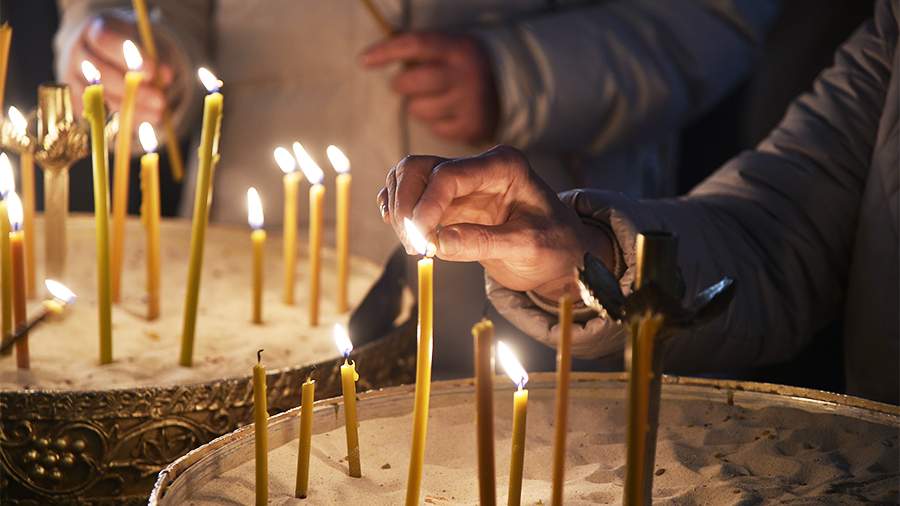January 12 - Anisyin Day: history, traditions, omens

Every year on January 12, Orthodox believers honor the memory of St. Anissia of Thessalonica, who lived at the end of III in Greece and suffered for her faith in Jesus Christ. In the folk calendar, the holiday is called Anisyin Day. In 2025 it falls on Sunday. About its history, traditions and omens read in the material "Izvestia".
Anisyin Day - 2025: the history of the holiday
Anisia of Soluna - a Christian saint, honored in the countenance of martyrs - lived in the III century in the Greek city of Solun during the reign of Emperor Maximian. She was born into a wealthy Christian family. According to legend, the girl possessed unearthly beauty, and her father and mother expected her to marry successfully.
However, Anisya from an early age devoted herself to charity: she helped the poor, cared for the sick, visited prisoners in dungeons. After the death of her parents, she decided to distribute her fortune to the poor and suffering, as she believed that it was difficult for the rich to enter the Kingdom of Heaven. The future saint let her slaves go free and settled in a modest dwelling, spending time in fasting and prayer.
At this time persecution was organized against Christians. Emperor Maximian issued an edict that allowed anyone to kill a follower of Jesus Christ with impunity. One of the pagan warriors, impressed by the beauty of Anisia, tried to take her to the pagan sun festival, and having met with refusal, decided to tear the veil from the girl's head by force. On what he heard: "May my Lord Jesus Christ forbid you!". Then the man pierced her with a sword.
The Christians buried the martyr near the city gate. Later a house of prayer was erected over her tomb.
Traditions and customs of Anisyin day: what you can and can not do on January 12
In the Slavic tradition, the day of memory of the saint corresponds to the height of the winter cold, which is reflected in beliefs and rituals.
In Russia, the holiday had several names. For example, it was called Anisya Winter, as during this period there were usually the harshest cold weather. However, the people believed that complaints about the frost and requests for warming could "anger" the saint, famous for her patience for hardship, and the weather could worsen. That is why people used to say: "Do not ask Anisya for warmth", "The cold has come to Anisya".
Instead, believers addressed St. Anissia with requests for health and protection from winter ailments, as well as from stomach ailments.
Another name for the feast is Anisya the Acorn-bearer, or Onisya Porezukha. According to the ancient custom, on this day, on which the New Year's Eve fell according to the old style, pigs and geese were cut.
Before cooking the trebukha was scrutinized, wondering what the weather would be like in the remaining winter months. According to the beliefs, a smooth and smooth spleen promised severe and prolonged frosts. Empty stomachs of birds and pigs foretold that spring would come late.
On this day it was supposed to receive guests or go to visit. An abundance of food on the table, a lavish feast promised a generous year.
However, this day was the height of the Holy Days - the time of the rampant evil power. Therefore, it was considered bad luck to meet a stranger on Anisya or to find someone else's handkerchief on the doorstep. For the same reason it was forbidden to accept gifts from strangers.
On Anisyin Day in Russia did not disdain pagan rituals - girls guessed at their fiancé and tried to predict the future. Also in the evening of January 12, you could go to the crossroads and loudly pronounce the name of a sick relative. According to the beliefs, he had to recover soon.
Folk omens on Anisyin Day on January 12
On the night of Anisya, peasants watched the sky, trying to predict what the coming summer would be like. If the stars were not visible, they waited for changes in the weather. Snowfall and a southerly wind on Anisya heralded an unpleasant summer, while a southerly wind meant a warm and productive summer. The bright sun promised warming soon.
Earlier "Izvestia" told about the celebration of Christmas in Russia.


